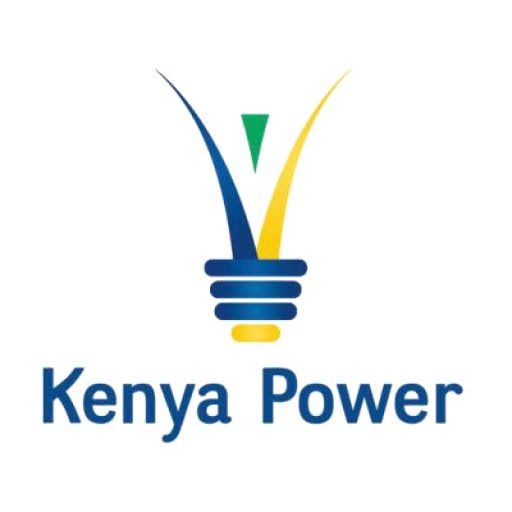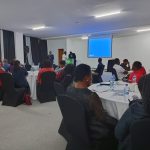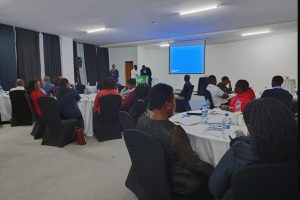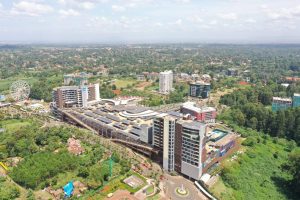East Africa Breweries Limited (EABL) intends to quit using Kenya Power electricity to power its Kenyan facilities, accelerating the trend of businesses generating their own power using solar.
KBL managing director John Musunga stated that the brewer plans to delink from Kenya Power by 2030 as part of a Sh22 billion strategy.

The brewer’s expenditures come as Kenya Power warns that some of its industrial clients — who account for about 68.31 percent of its sales earnings — are progressively migrating to self-generated solar power, inflicting a further blow to the company’s already precarious finances.
In order to achieve a 100 percent shift to green energy, Diageo-owned EABL plans to generate at least 9.3 megawatts at its Ruaraka facility and 2.4 megawatts from solar power in Kisumu.
“We are committed to sourcing 100 percent renewable electricity by 2030 in all of our facilities. Sh22 billion investment also includes the production of biofuel. This is already being partly implemented in our Kisumu plant, with 10 percent of our current electricity requirements being met by renewable energy from solar,” Mr Musunga said.
The multibillion-shilling investment also includes biofuel production, which will help the brewer decrease carbon emissions by 95 percent (about 42,000 tonnes of carbon per year) and generate over 900 direct and indirect employment throughout the supply chain.
Mr Musunga stated that the investment will be implemented at the beginning of next year and will be Diageo’s single greatest climate action investment in Sub-Saharan Africa.
KBL joins a growing number of businesses, colleges, and industries that have resorted to solar photovoltaic (PV) grid-tied systems to assure consistent supply and save operational costs.
Africa Logistics Sites (ALP), Mombasa International Airport, and the International Centre of Insect Physiology and Ecology (Icipe) are among the large power customers that have recently installed solar power units on their properties.
The large move to solar power by major customers has put Kenya Power into a greater bind as a result of surplus electricity production.
Power generators have increased output despite lower usage by households and businesses as a result of Covid-19.
Payments for idle electricity are passed on to customers as a result of a take-or-pay clause in contracts negotiated between the government and power providers, which requires Kenya Power to purchase the agreed-upon quantity of electricity regardless of necessity.
Kenya Power
Kenya Power is a publicly-traded business on the Nairobi Securities Exchange (NSE). The firm manages electric metering, licensing, invoicing, emergency energy delivery, and customer relations as a national electric utility corporation.
In addition to distributing electricity to industry, offices, schools, hospitals, and residential customers, KPLC also provides telecommunication companies with optic fibre connectivity via its optical fibre cable network, which runs along its high voltage power lines across the country, primarily to manage the national power grid.



















